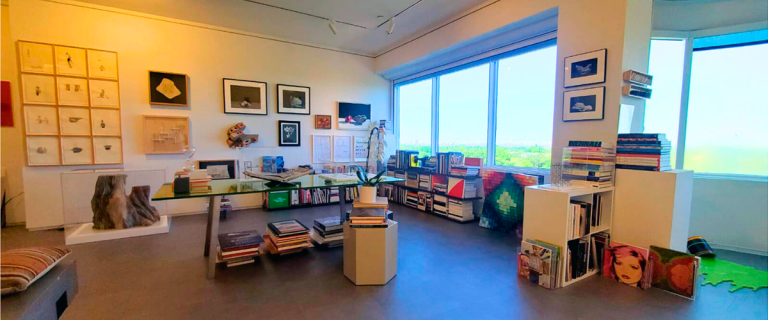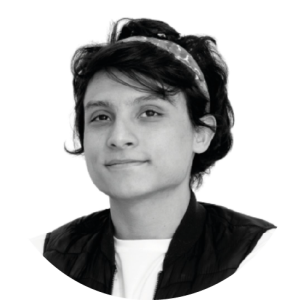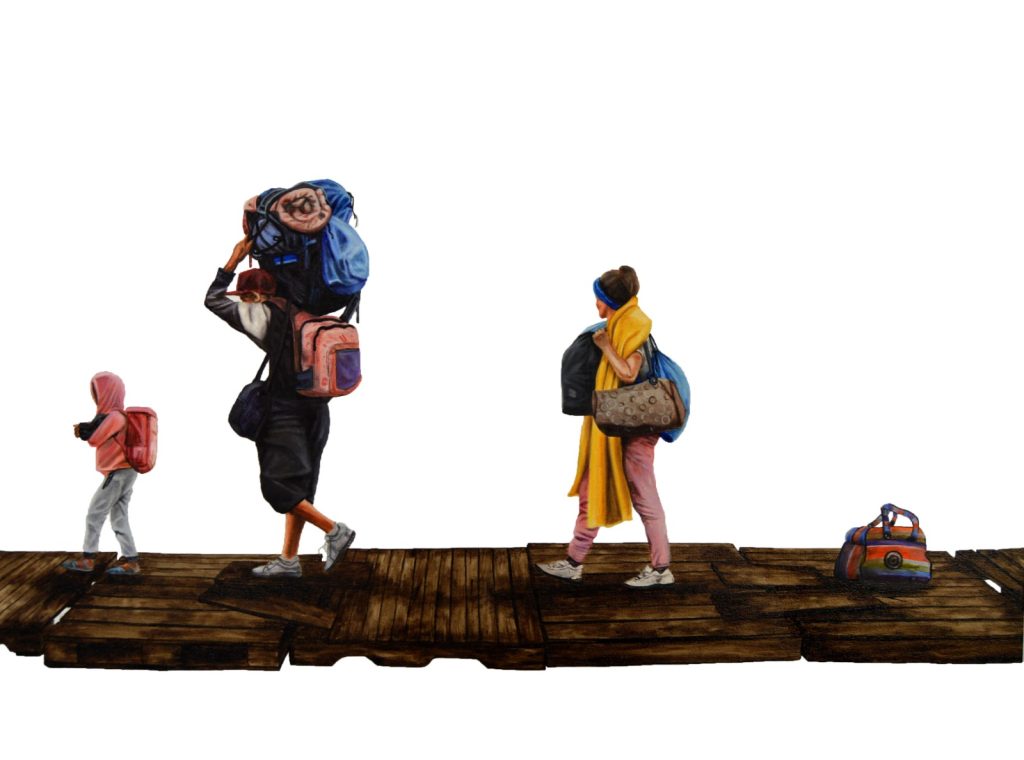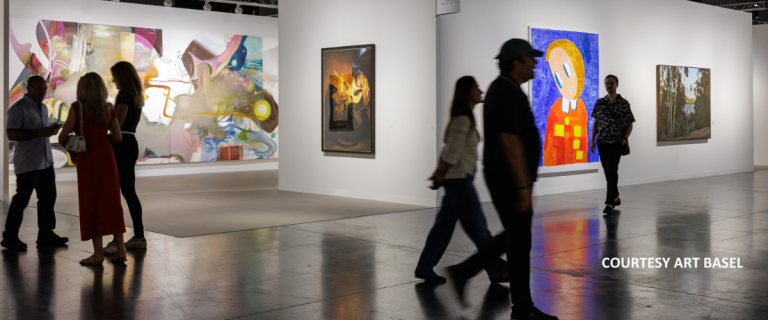
The Art Dome Newsletter #1
We introduce The Art Dome Newsletter, a way to keep our community updated with news about The Art Dome and showcase our upcoming projects.

At the end of the 19th century, deep in the borderlands between Táchira, Venezuela, and Cúcuta, Colombia, a man named Manuel Pulido founded what would become the first oil company in Venezuela: the National Mining and Petroleum Company of Táchira—Petrolia.
When its first well opened in October 1878, it marked the beginning of an economic and social transformation that would define the nation’s destiny for more than a century. What began as a local industrial experiment became the foundation of a new era—one that promised abundance, progress, and modernization. Yet, as history unfolded, this same promise would turn into one of Latin America’s most complex paradoxes.
By 1914, Venezuela’s subsoil wealth had captured the attention of foreign oil monopolies eager to exploit its newly discovered “black gold.” Within a decade, the country transitioned from an agricultural economy to an industrial powerhouse, its fertile fields replaced by oil rigs and refineries.
In 1927, crude oil exports surpassed traditional exports like coffee and cocoa, cementing Venezuela’s place as a key global supplier. The sudden inflow of foreign capital triggered urbanization, migration, and a rapid modernization process—but also dependency.
The transformation was so profound that, in less than fifty years, Venezuela had abandoned most of its domestic food production in favor of oil extraction. The promise of progress carried within it the seeds of fragility.
Along the long and porous Colombia–Venezuela border, the story of oil takes on a different tone—one of survival, ingenuity, and contradiction.
Legal and illegal economies coexist here: from cross-border trade to fuel smuggling, a practice that has evolved into a key source of income for many families. Corruption, combined with the lack of formal investment and state presence, has turned these informal economies into lifelines for entire communities.
These borderlands mirror the dual nature of oil itself—a source of both prosperity and precarity, of connection and exploitation.

Art transforms spaces, inspires teams, engages clients, and strengthens reputation while creating long-term cultural value.
Yes. We create curated art collections that represent your brand’s identity and connect it with culture and innovation.
You can apply to our residency and acceleration programs. We guide artists with mentorship, visibility, and international connections
In the end, crude oil is more than a commodity—it is a mirror. It reflects the complex relationship Latin America has with its natural resources: cycles of hope, mismanagement, and resilience.
For Venezuela, oil was once a promise of modernity, a bridge to the future. Today, it stands as a reminder of how fragile that bridge can be when power, policy, and greed outweigh foresight.
Yet, within this narrative lies a deeper truth: nations, like artists, can rebuild from what remains. The same material that once defined dependency may one day fuel renewal—if reimagined with vision, transparency, and purpose.
At The Art Dome, we see in stories like this not only history but inspiration. The tension between creation and extraction, abundance and collapse, speaks directly to artists across Latin America who transform materials of industry—metal, oil, earth—into metaphors of identity and survival.
Through artist like Didier Bedoya, we help reclaim the power to reinterpret the scars of industry as symbols of renewal.

We introduce The Art Dome Newsletter, a way to keep our community updated with news about The Art Dome and showcase our upcoming projects.

Every December, Miami becomes a global hub for art, design, and culture during Miami Art Week. The city fills with art fairs, exhibitions, and cultural events, offering our team a chance to experience firsthand the exciting energy that defines this world-class celebration.

To celebrate a year of continuous interdisciplinary collaboration between The Art Dome, Montenegro Art Projects and Eichholtz, we want to share a look of how The Collectors House became a place where art and design comes together in harmony, showcasing the best of both worlds.